I Skipped My HVAC Service for a Year — Here’s What Happened
Hey, neighbors. Let me tell you a little story about a mistake I made last year. It’s a tale as old as time here in Central Texas, right up there with complaining about I-35 traffic. I’m talking about that little reminder on the calendar: “Schedule HVAC Service.”
I got busy. Life happened. And I thought, “It’s still blowing cold air. How important can it be? I’ll just save the money this year.”
Famous last words.
For a while, everything seemed fine. But as our brutal Texas summer started to really crank up, I began to notice the signs. And let me tell you, ignoring your HVAC system here is like ignoring a “check engine” light right before a road trip from Austin to San Antonio in August. You’re just asking for trouble.
Here’s exactly what went down.
The First Sign: The Weird Noises
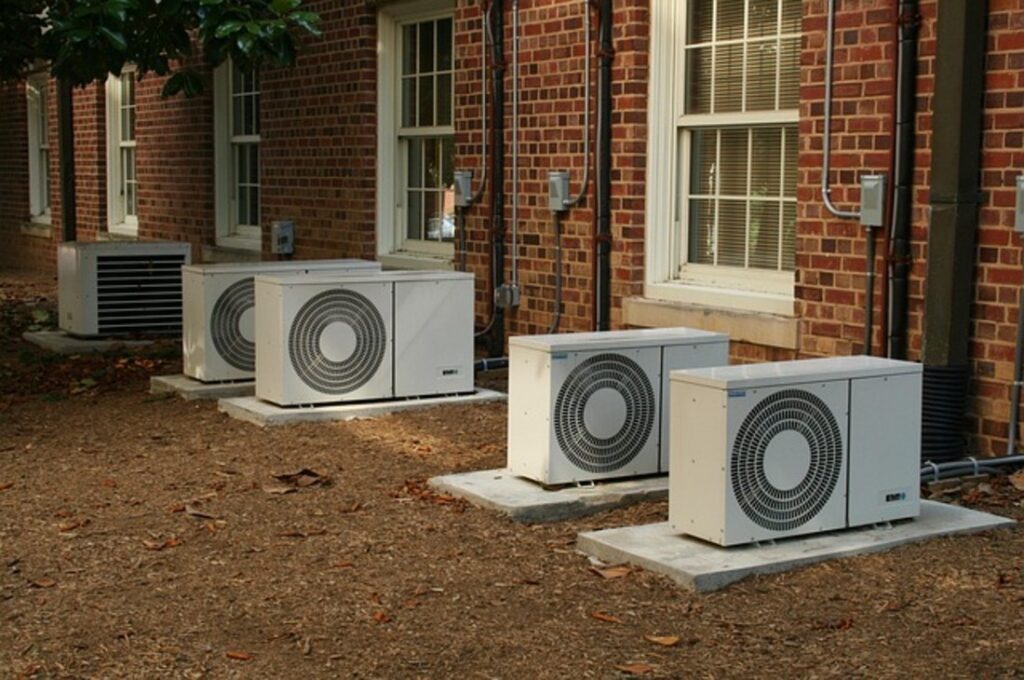
At the beginning, it was just a little rattle. I could hear it when the system came on, but soon it was gone, so I didn’t mind it. However, that rattling did evolve into a more and more banging. It was as if a sack of stones was being shaken in the outside unit. My heating and cooling unit was no longer making a soft noise; rather, it was a loud groan. I tried to watch TV louder and louder in order not to hear it, praying it would just go away on its own.
What a letdown, it did not.
The Second Sign: The Weaker Airflow & The Unpleasant Smell
The first thing that tipped me off was the vented air no longer being as strong. On a hot day of 100 degrees, it rather felt like a nice breeze instead of the freezing blast I was paying for. The house just didn’t feel very cool, and the AC unit was continuously running to the max trying to support the situation.
After that, a humid morning showed up, and I smelt something…musty. That strange smell was like a damp sock that came out of the vents with each blowing of the air conditioner. My HVAC system was not only having a hard time; it had also begun to alter the smell of my house to a weird one.
The Largest Problem: The Entire System Failure
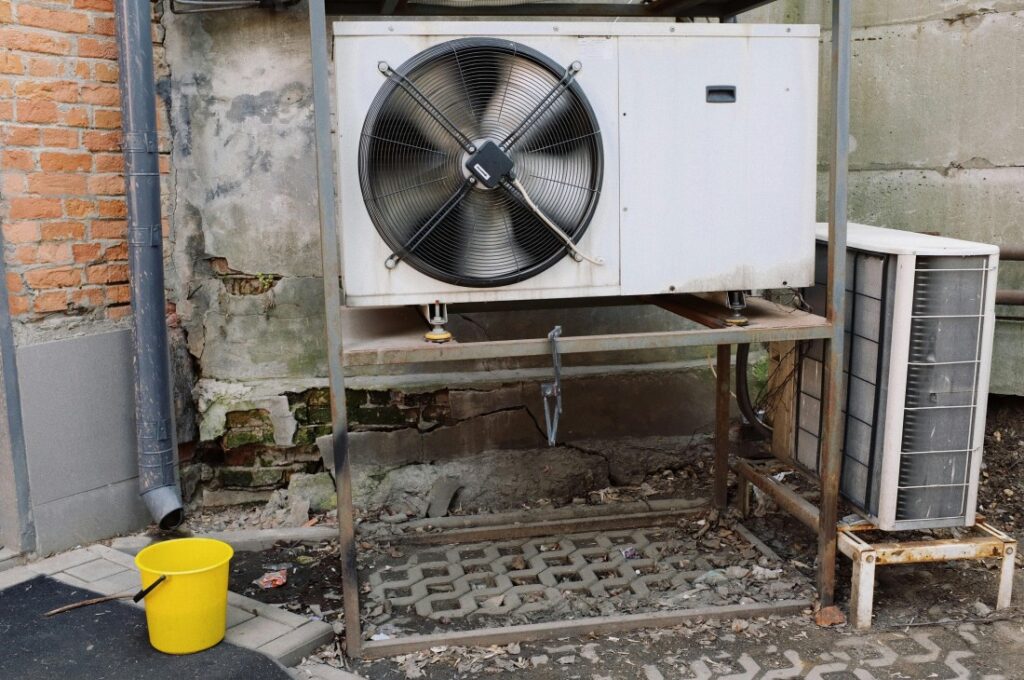
The peak of the situation came on a Saturday in the end of July. The weather was hot like hell, and the temperature was 103. I had invited my family over that day.
When I woke up, my house was warm. I looked at the thermostat. It showed 74 degrees, but the house was 80 degrees.
- The Banging Noise: A broken blower motor. The absence of lubrication from routine service had made it worn out, and it finally seized up.
- The Reduced Airflow & The Constant Running: The evaporator coil in the air handler was thoroughly frozen. A year’s dust and pollen had accumulated in the air filter and the coil itself, thus restricting airflow. The system eventually iced up as a result of that.
- The Musty Smell: Mold and mildew growing on the dirty, damp evaporator coil and in the drain pan. The drain line was also clogged, which created a stagnant water buffet for microbes.
- The Final Breakdown: The strain of trying to run with a frozen coil and a failing motor caused a compressor overload. My compressor—the heart of the entire outdoor unit—was fried.
The grand total for my one skipped service? Over $4,400.
The Lockey heating & air technician who came out explained that a standard annual service would have caught the worn motor before it failed, cleaned the coils and drain line to prevent freezing and mold, and verified the refrigerant charge. That relatively small investment in a routine tune-up would have identified all the warning signs, and could have prevented every single one of these major, expensive failures.
What I Learned the Hard Way: Key Takeaways
- It’s Not Just a Tune-Up, It’s an Insurance Policy. For a small fee, a technician finds and fixes little problems before they become catastrophic, expensive failures.
- Central Texas is Hell on HVAC Systems. The constant cycling from extreme heat to (relative) cool, the dust, the pollen, the humidity—our systems work harder than almost anywhere else. They need that yearly checkup to survive.
- Your Nose Knows. A musty smell from your vents is a major red flag for mold and clogged drains. Don’t ignore it.
- Listen to the Sounds. New or strange noises are your HVAC system crying for help.
FAQS
Q: What do they actually do during a service?
A: They check refrigerant levels, clean the coils and drain line, inspect electrical connections, lubricate moving parts, and change your air filter. It’s a full physical for your system.
Q: Can’t I just change the air filter myself?
A: Absolutely! You should do that every 1-3 months. But that’s just one small part of the puzzle. It doesn’t address the mechanical and electrical components inside the units.
Q: When is the best time to get it serviced?
A: Right now! The best times are in the spring (before AC season) and fall (before heating season). Don’t wait for a 103-degree day to discover a problem.
The Bottom Line
I learned my lesson the expensive way. That one skipped service call ended up costing me more than a decade’s worth of maintenance appointments.
Taking care of your HVAC system isn’t an optional expense here in Central Texas; it’s an essential part of home ownership. It’s the difference between a comfortable, efficient home and a sweaty, smelly, and bankrupting breakdown in the middle of a heatwave.
Don’t be like me. Contact Lockey Heating & Air today. Your wallet (and your family) will thank you all summer long.
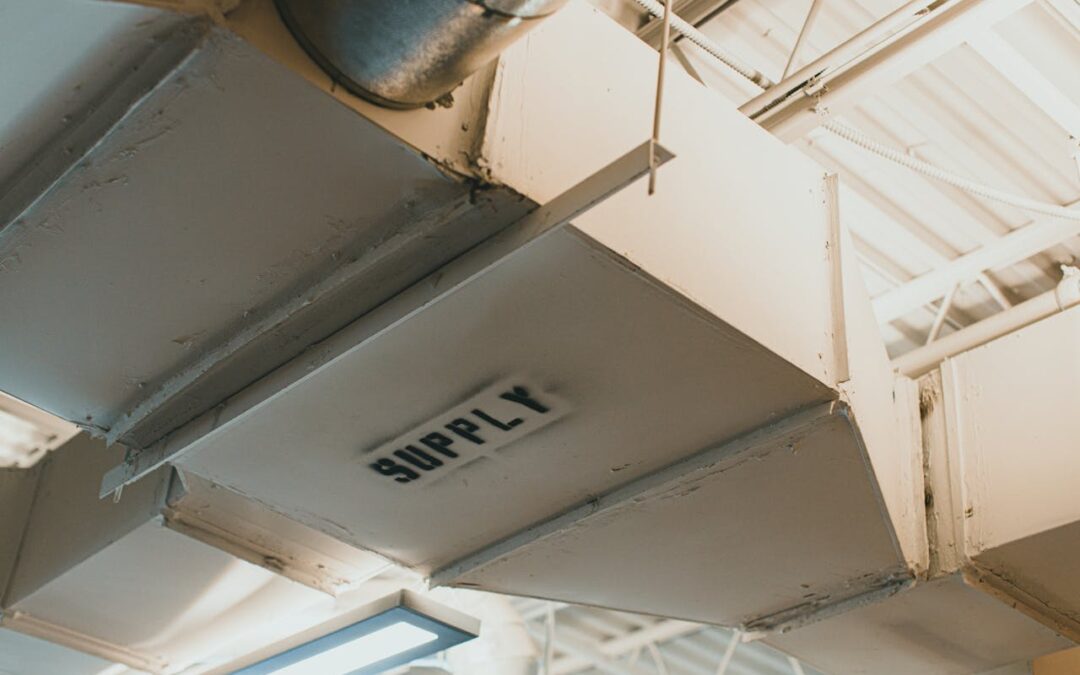
Top 3 Signs Your HVAC Ductwork Is Leaking
Alright, let’s talk about one of the most forgotten parts of your home: the ductwork. You know…
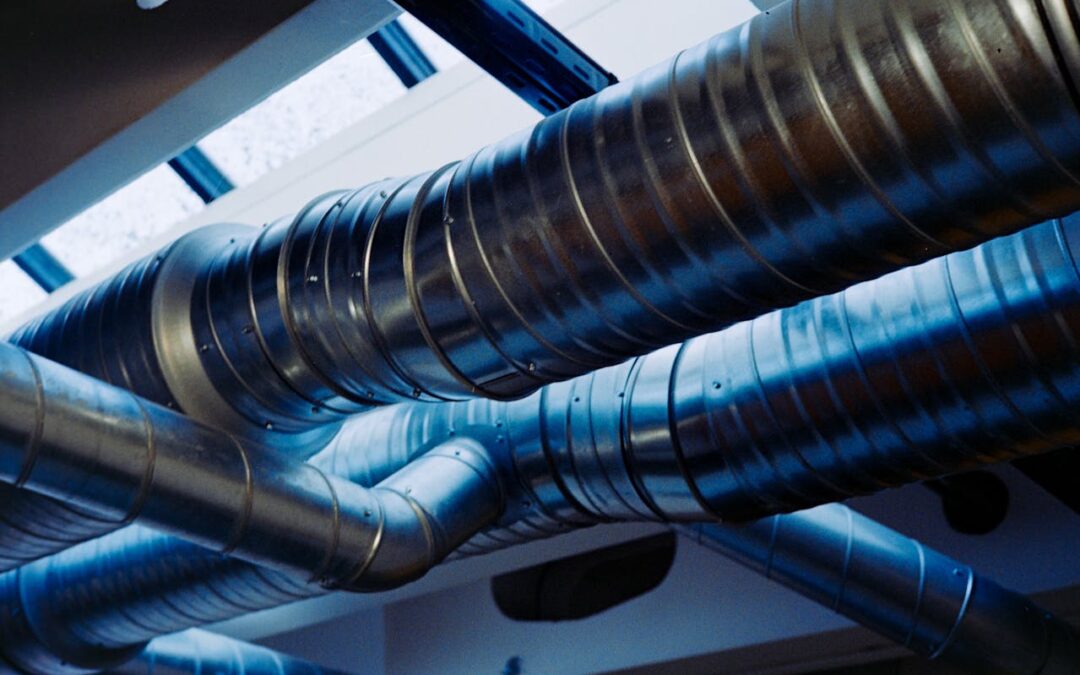
The Ultimate Maintenance Guide for HVAC Ultraviolet Lights
Let’s be real, we rarely think about the air we’re breathing inside our own homes.
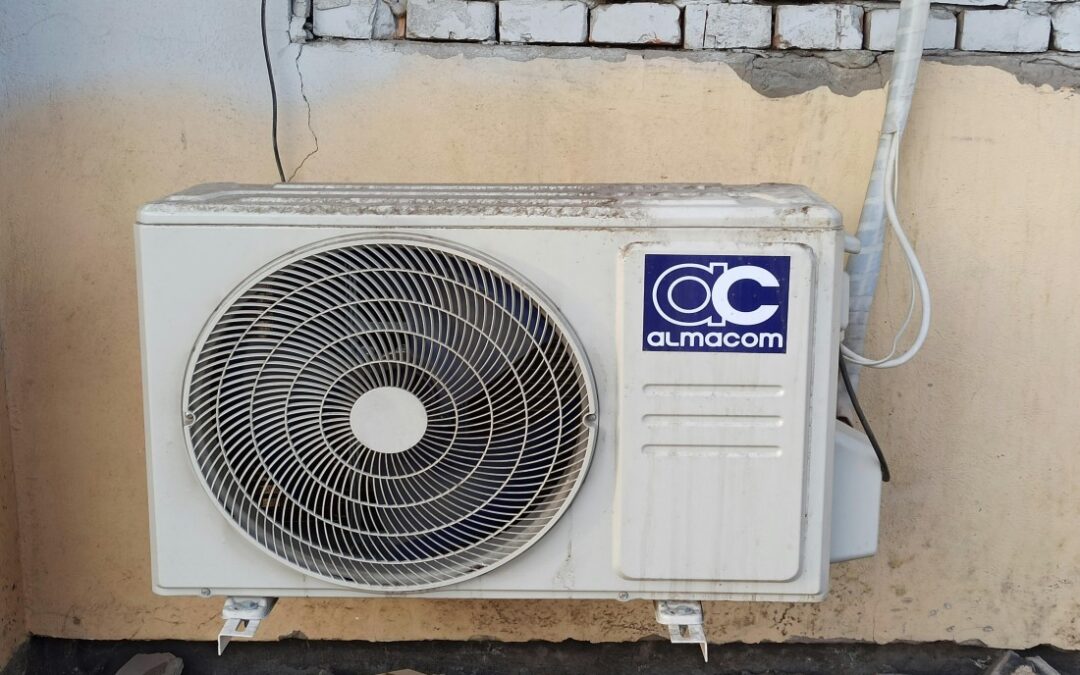
Is Your Air Conditioner Whispering for Help? A Belton Homeowner’s Guide to Staying Cool
There’s a special kind of silence that falls over a house in a Belton summer when the air…
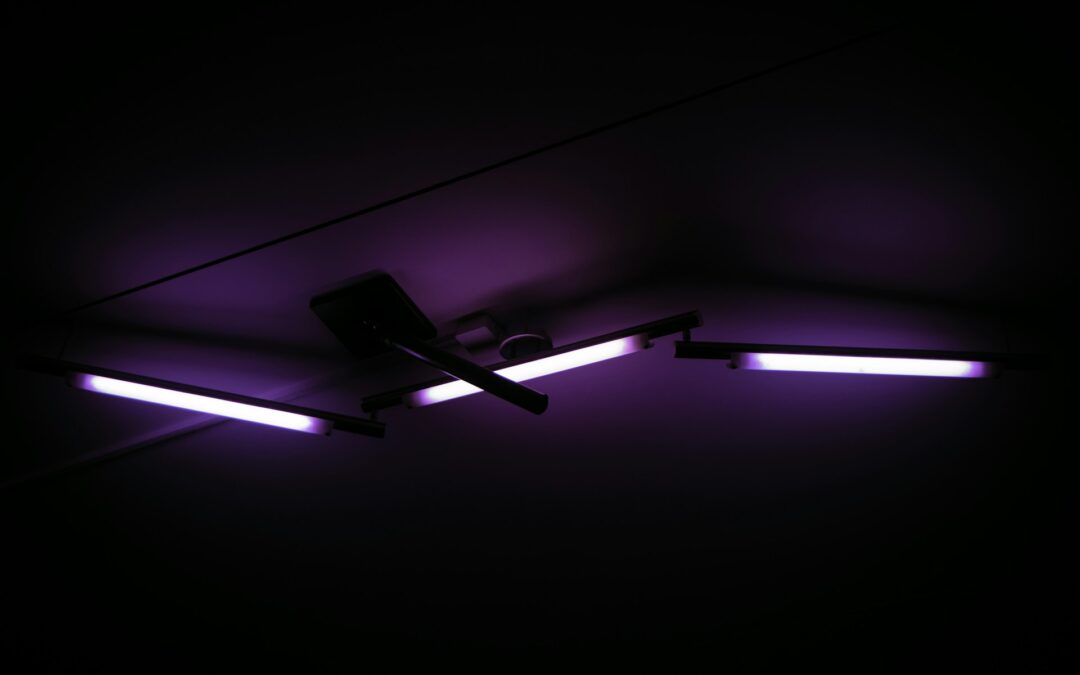
HVAC UV Light Installation: How It Improves Air Quality in Your Home
Alright, let’s be real for a second. You kick off your shoes, slump onto the couch, and finally take…
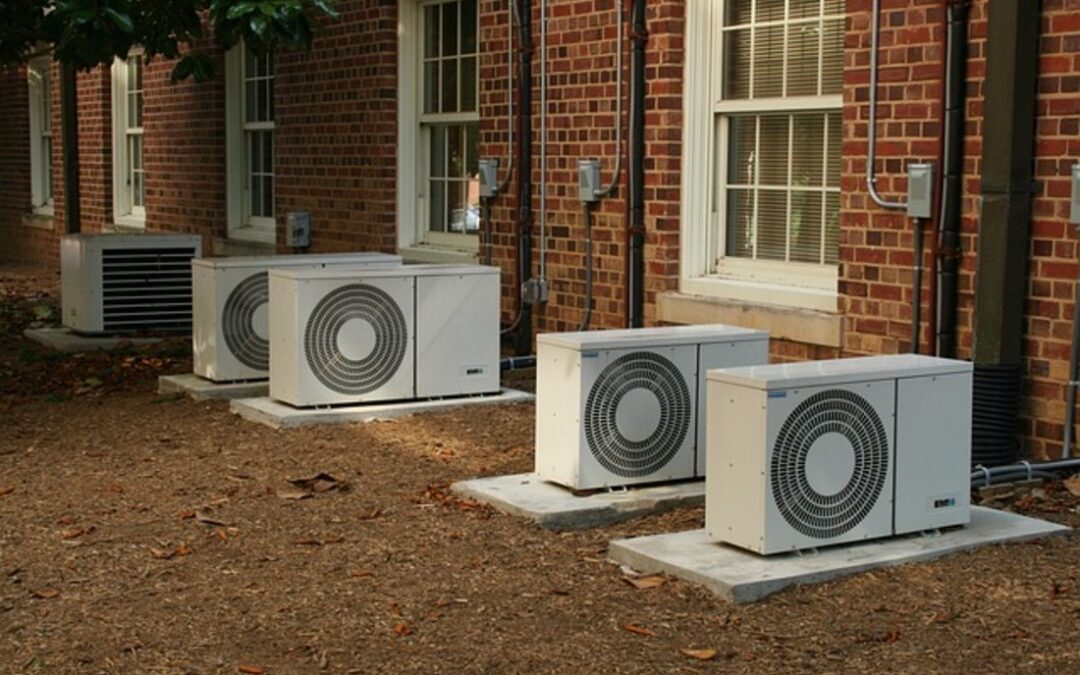
Breathe Easy, Belton: How Professional HVAC Services Keep Your Home Perfect Year-Round
Living in Belton means enjoying real-deal Texas living – from lazy walks along Nolan Creek to cheering at the Bell County Expo. But let’s be honest…
